
The regions Stratford Hall offers busing from are:
How we see Stratford Hall
Founded in the late 1990s by two Burnaby parents, Elaine Lee and Cindy Leung, Stratford Hall began as a university preparatory school with 40 students. In 2003, it became the first school in Western Canada authorized to offer the International Baccalaureate (IB) Primary Years Programme and was later accredited for the IB Diploma and Middle Years Programmes, making it one of the few schools in Canada to offer the IB Continuum Programme. Located in East Vancouver, Stratford Hall benefits from the cultural richness of its surroundings. In addition to academic excellence, Stratford Hall offers comprehensive programs in music, visual arts, and theatre across all IB levels. The school also has a strong athletic program, known as the Sabres, which helps with student participation, skill development, and instilling values like sportsmanship and respect. The outdoor education program gives students regular opportunities to engage with nature, developing the mindset of environmental stewardship and resilience. With dedicated staff and a supportive community, the school provides an engaging environment for students to develop as thinkers, doers, and lifelong learners, preparing them to thrive in a rapidly changing world.
Compare with:
How Stratford Hall sees itself
"An independent, gender-inclusive, university preparatory day school for students in Kindergarten to Grade 12. Through the continuum of International Baccalaureate (IB) programmes (PYP, MYP and DP), the School provides a level of individual and academic challenge beyond the norm. We have a tradition of breaking with tradition: because your child needs more than tradition to meet the challenges of the world they will inherit."
"At Stratford Hall, your child will be given the opportunity to learn and to thrive: to discover their unique strengths, and to explore the diverse opportunities our rapidly changing world offers. Under the care and guidance of Stratford Hall faculty and staff, they will grow and mature, while equipping themselves with intellectual tools, strength of character, and a global perspective that comes with an International Baccalaureate education."
"Families choose Stratford Hall for the caring teachers, innovative programming, and vibrant community. Students will discover their unique strengths and explore the diverse opportunities our rapidly changing world offers through the three programmes of the International Baccalaureate, the PYP, MYP and DP."
"Our facilities are greater than can be seen from the street and we have potential for growth. Parents are surprised that we have 2 full sized gymnasiums, a climbing wall with 15 routes, rooftop spaces and access a 10 acre park with playgrounds and fields."
"Stratford Hall has summer camps for Grades K - 7 and has a partnership with Goh Ballet and Microsoft Digital Academy. We also have a Post Secondary Advisory on campus to guide students on their journey of self-actualization. Recognizing that each student is unique, we begin working with them in Grade 8 and 9 to assist them on their path to self-discovery. Once realized, students are helped to find the post-secondary opportunities that fit their unique set of interests, strengths and goals."



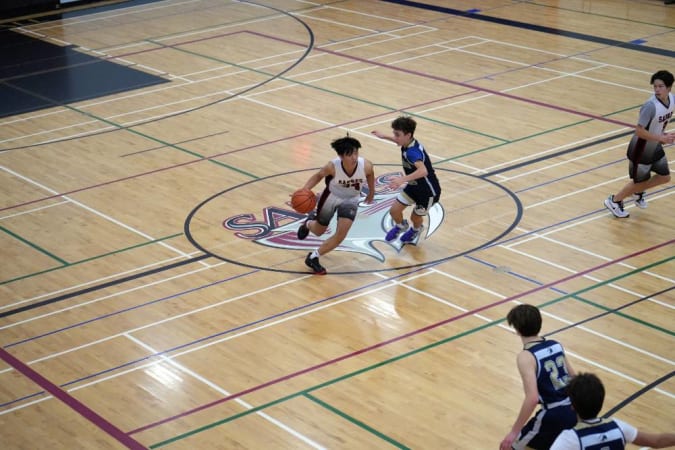


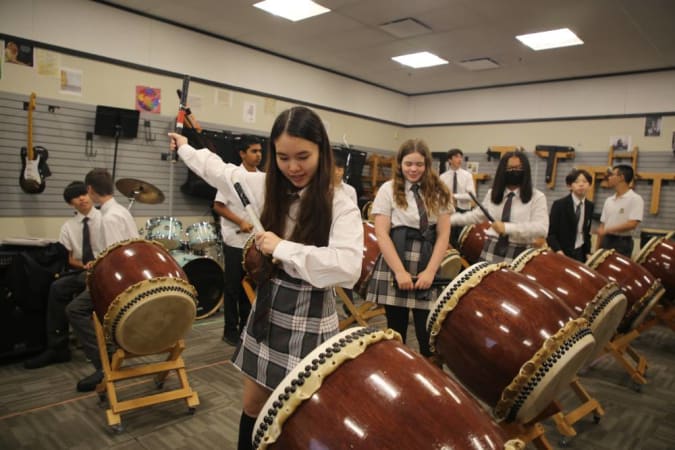
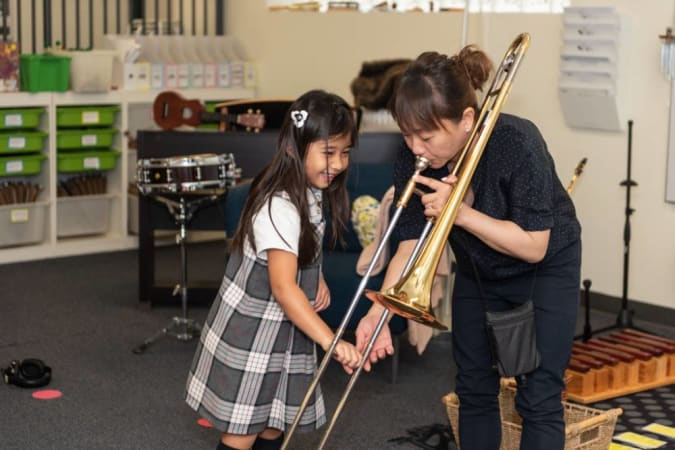












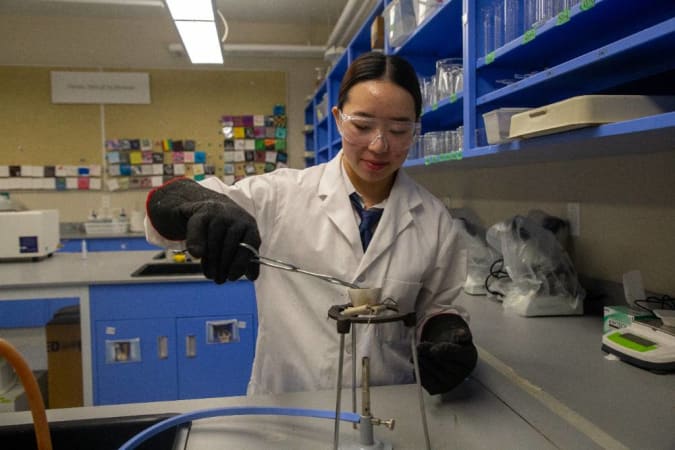
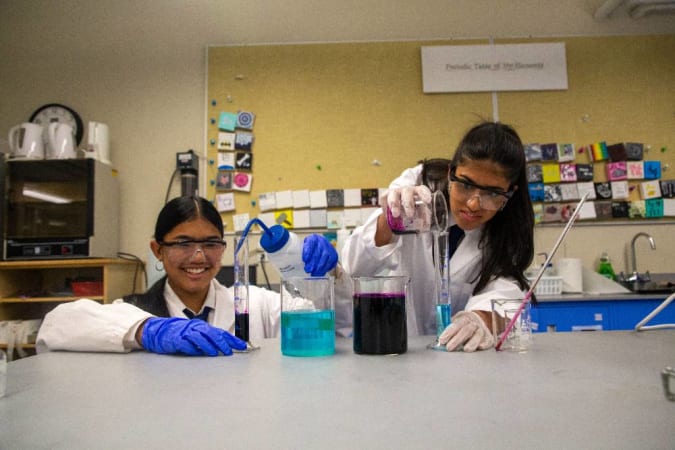


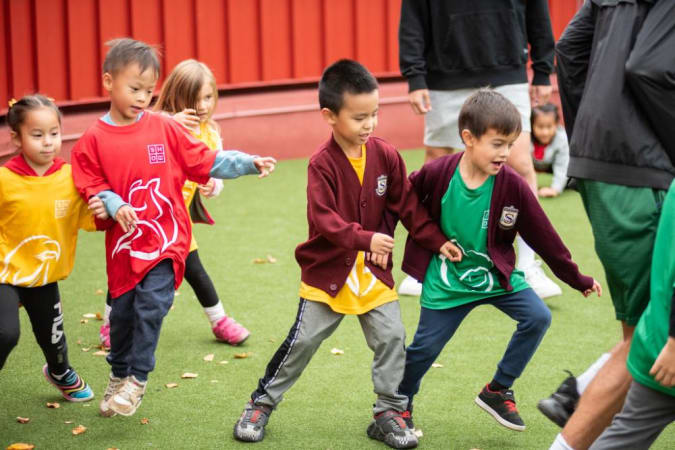
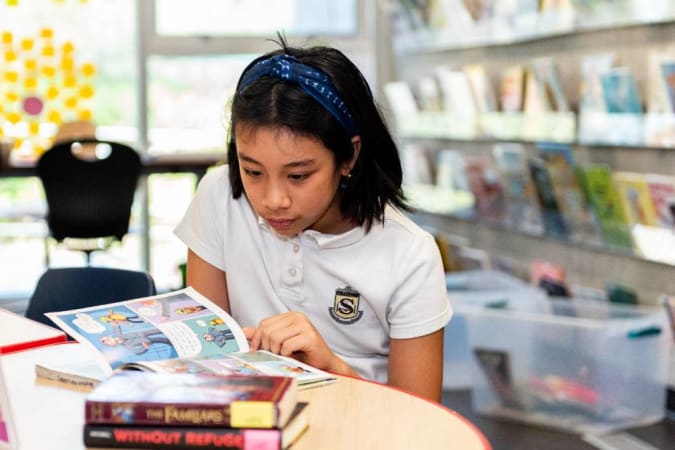


Top-down influence on the school’s direction and tone

Richard Kassissieh, Head of School
Stratford Hall is a remarkable community of dedicated students, families, faculty and staff who come together everyday to share their talents, creativity, and experiences in the pursuit of learning and personal growth. Through the International Baccalaureate (IB) Continuum, students develop the skills of deep inquiry, thematic connection and global perspective to prepare students for a changing and unpredictable world.
This exceptional program of academic, arts, athletics, clubs and student life engages students to achieve remarkable leaps in development through each stage of their education. Stratford Hall students learn to be thinkers, doers, leaders and lifelong learners.
Stratford Hall celebrates and values all members for who they are. Identity, culture and relationships are upheld as core constructs. We actively work upon our practice in diversity, equity, inclusion, belonging, sexual orientation and gender identity (SOGI) and observe indigenous understanding and reconciliation. These beliefs are evident in all parts of our institution, from the classroom to the boardroom.
Even though we teach a globally minded curriculum, our location is one of our greatest assets. When Stratford Hall opened its doors in East Vancouver in 2000, our Founders understood that students experience school within - not separately from - the surrounding neighbourhood. We are connected to an incredible diversity of people, cultures, activities and history.
Stratford Hall is constantly developing and growing as an institution, through design thinking, professional development, curriculum revision, and campus development. We acknowledge our historical foundation while attending the changing world around us in order to provide the best possible educational environment for our students.
We invite you to visit our campus and see these principles in action, whether you are a prospective student, family, employee, or neighbour.
THE OUR KIDS REPORT: Stratford Hall
Next steps to continue your research:
Continue researching Stratford Hall with OurKids.net, or visit school website.